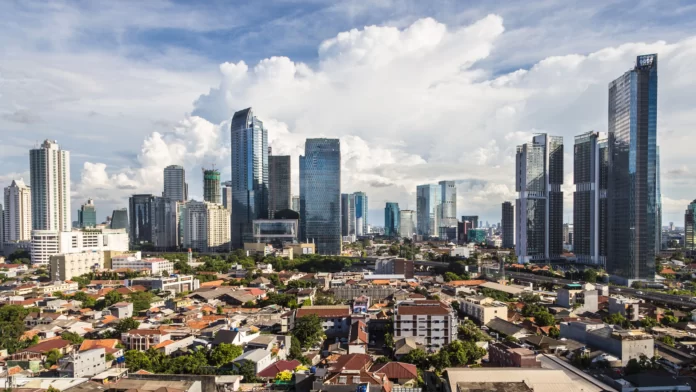Indonesia : Indonesia’s capital city of Jakarta is plagued with congestion, pollution, the threat of earthquakes, and is rapidly sinking into the Java Sea. The government has decided to move the capital to the island of Borneo, with plans to develop a sustainable forest city that aims to be carbon-neutral by 2045.
However, environmentalists fear that the move will result in widespread deforestation, threaten the habitat of endangered species such as orangutans, and displace Indigenous communities. Although access to the new capital’s site is restricted, The Associated Press was permitted to tour parts of the site in early March to observe construction progress.
This article examines the reasons behind the capital’s relocation, the government’s development plans, and the potential impact on the environment, endangered species, and Indigenous communities located near the project site. Jakarta’s current situation is dire, with a population of around 10 million people and a greater metropolitan area that is three times larger. The city is rapidly sinking due to uncontrolled groundwater extraction and rising sea levels caused by climate change, with estimates suggesting that a third of the city could be underwater by 2050. Moreover, the city’s air and groundwater are heavily polluted, and it experiences frequent flooding while its streets are notoriously congested, costing the economy $4.5 billion annually.

